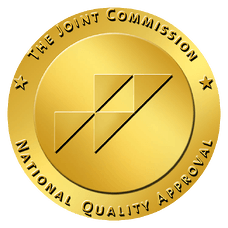Substance Use Disorders
Understanding Addiction's Many Forms
Addiction can manifest in a multitude of ways, including abuse, dependency, self-medication, functioning substance misuse, and several other forms that affect daily life. If you haven’t experienced the profound challenges of addiction firsthand, it’s crucial to grasp this underlying reality: the majority of individuals trapped in the grips of addiction have a strong desire to break free from its hold. If it were truly feasible for them to quit on their own, many would eagerly seize that opportunity without hesitation. Unfortunately, the reality is often far more complex. These individuals frequently find themselves existing in a state of survival mode, constantly moving from one fix to another, desperately striving to get through each day as best they can. This relentless struggle underscores the depth of their challenge and the urgent need for understanding and support from those around them.
It's Time To Shift Your Perspective
Historically, we have used derogatory and unkind terms to describe individuals battling addiction: drunks, junkies, druggies, potheads, and burnouts. These labels are not only harsh but also devoid of compassion, failing to capture how those with alcohol or substance use disorders perceive themselves or their true identities.
Many people grappling with addiction often think things like:
- “I’m not part of that crowd. Those labels don't define me – they belong to others.”
- “I drink daily, but I’m perfectly okay. Absolutely fine.”
- “I’ve got the pills managed – two in the evening after dinner to unwind, and that’s all. I swear.”
- “I only indulge in alcohol on weekends.”
- “I just use weed to take the edge off.”
- “I’m not nearly as bad as that other person.”
Symptoms of Addiction
There are as many paths to addiction as there are people addicted. Every case is different, but there are signs and symptoms common to all cases of addiction which, when present, mean it’s time to take action.
Physical Signs
- Unexplained accidents or injuries
- Shaking hands or other physical tremors
- Neglect of appearance and hygiene
- Sudden weight loss or gain
- Slurred or agitated speech
- Clammy palms
- Red, watery eyes
- Dilated pupils
- Poor physical coordination
- Unusual odors on breath, body, or clothes
- Needle marks on arms, legs, or feet
Behavioral Signs
- Emotional instability
- Significant personality changes
- Decline in work or academic performance
- Increased anger, resentment, and sensitivity
- Decreased ability to focus
- Failure to keep commitments
- Apathy
- Stealing
- Lying
- Loss of interest in lifelong hobbies or passions
- Secretive activity/hiding things



